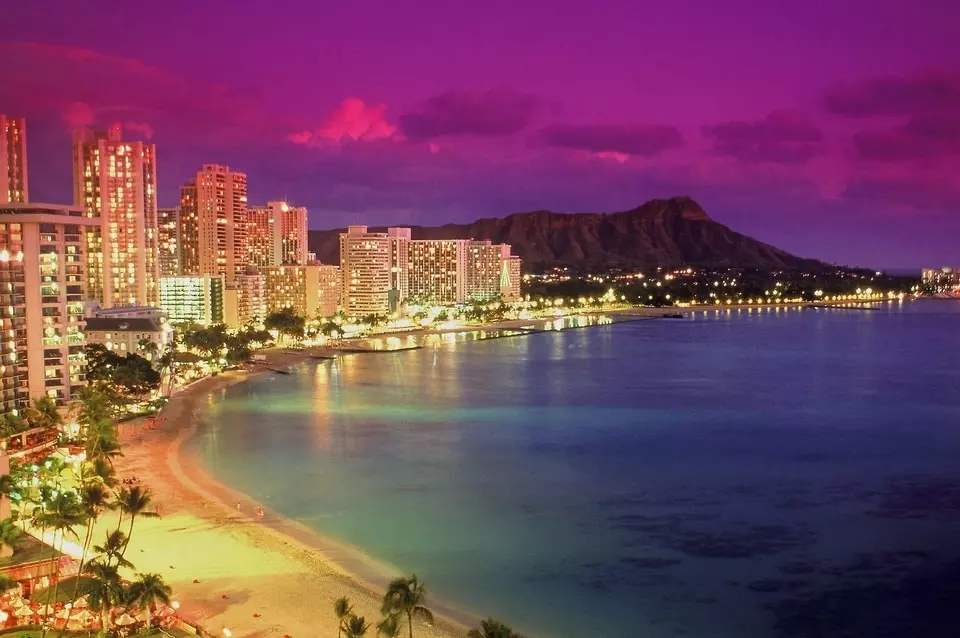 Yesterday, the Supreme Court allowed the Seminole Tribe of Florida to maintain its offering of online sports betting services on mobile devices within the state borders.
Yesterday, the Supreme Court allowed the Seminole Tribe of Florida to maintain its offering of online sports betting services on mobile devices within the state borders.
In its order, the court did not provide any reasons for the ruling, which is actually quite standard when the justices act on emergency applications. Another legal challenge is separately pending before the Florida Supreme Court.
As CasinoGamesPro reported at the time, in 2018, the Supreme Court issued a ruling that lifted the federal ban on sports betting operations that were not allowed in most US states. Florida’s voters then gave the green light to a measure, under which an expansion of the legal gambling sector would require a further referendum that has not materialized.
At the same time, the 2018 measure made an exception regarding the conduct of casino gambling on reservation lands in cases when such services were approved under a federal piece of legislation. That was the reason why in 2021 the state entered into a gambling agreement (also known as a compact) with the Seminole Tribe of Florida, establishing that anyone who was physically present in the state was allowed to place sports wagers through their mobile devices at the Seminole Tribe’s casinos as long as the computer servicers that processed the transactions were on tribal land.
The 2021 compact between the Native American nation and the state of Florida also says that mobile sports bets should be deemed to take place exclusively where received.
Two Brick-and-Mortar Casinos Take the Federal Government over Its Gambling Agreement with the Seminole Tribe of Florida
 However, local brick-and-mortar casinos took the Federal Government to court under the claims that it should have blocked the deal. Judge Dabney L. Friedrich of Washington’s Federal District Court sided with the plaintiffs, describing the key phase in the agreement as a “fiction”. In her ruling, Judge Friedrich wrote that when activities are authorized by a federal statute only at certain locations, parties may not evade that limitation.
However, local brick-and-mortar casinos took the Federal Government to court under the claims that it should have blocked the deal. Judge Dabney L. Friedrich of Washington’s Federal District Court sided with the plaintiffs, describing the key phase in the agreement as a “fiction”. In her ruling, Judge Friedrich wrote that when activities are authorized by a federal statute only at certain locations, parties may not evade that limitation.
The recision of Judge Friedrich, however, was unanimously reversed by a three-judge panel of the US Court of Appeals for the District of Columbia Circuit, with the three judges saying that the central questions in the lawsuit should be left for Florida’s courts to decide.
In their so-called emergency application, the Bonita Springs Poker Room and Miami-based Magic City Casino claimed that the 2021 agreement between the state and the Seminole Tribe of Florida was in breach of federal laws and the equal protection clause of the Constitution. According to the legal representatives of the plaintiffs, the compact provided the Indian Tribe with a statewide monopoly to offer online sports betting services.
An equal protection challenge was sidestepped by the Supreme Court to the Indian Child Welfare Act. Justice Brett M. Kavanaugh wrote in a concurring opinion the equal protection issue was a serious matter. Yesterday, the Justice made a similar point in the gambling case statement, saying that the gambling agreement between the Native American nation and the state raised serious equal protection issues. He further noted that the Florida Supreme Court was considering state-law issues associated with the potential gaming operations of the tribe outside its reservation lands.